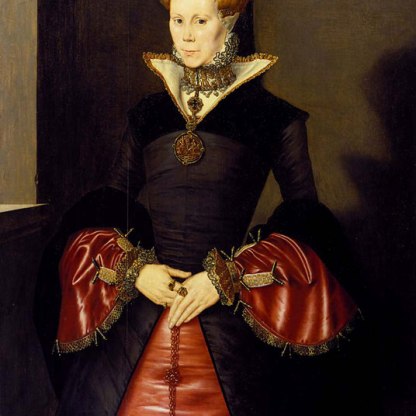Philip the Fair
Though it is not know precisely for whom Honoré’s magnificent edition of La Somme le Roi was made, it might have belonged to Philip IV, ‘the Fair’, of France. The text had been originally written for his father, Philip III, and we know that Honoré was employed by the son to illuminate manuscripts.
The epithet ‘Fair’ referred to Philip's physical beauty rather than his moral character, and he was by no means universally loved by those over whom he reigned. Disagreements with Pope Boniface VIII over the king’s right to tax the clergy led to a threat of excommunication, which Philip countered by arresting the Pope at Anagni.
Although he was soon released, Boniface died shortly after this incident and in 1305, after the short papacy of Benedict XI, Philip secured the election of a Frenchman as pope: Clement V, who installed himself in Avignon in 1309. For nearly seventy years, Avignon in southern France, rather the Vatican in Rome, was the seat of the papacy.
With a sympathetic pope on home soil, Philip embarked upon a series of persecutions aimed at increasing his wealth. He seized property belonging to the Jews, the Lombards – predominantly Italian bankers and moneylenders – and, most notoriously, the Knights Templar.
The Knights Templar were an order of warrior monks, founded in 1118 at the end of the First Crusade, to protect Christian pilgrims to the Holy Land. Despite their full, official title – the Poor Knights of Christ and of the Temple of Solomon – they had by the early fourteenth century amassed great wealth, much of which was kept in their headquarters in Paris.
On 13 October 1307, Philip had all the Knights arrested for heresy. Many were executed, implausibly condemned for blasphemy, sodomy and worshipping an idol. Appropriating the wealth of the victims of these purges, Philip embarked upon a series of military campaigns aimed at expanding French territorial power.
Other highlight objects you might like
Other pathways and stories you might like
Sign up to our emails
Be the first to hear about our news, exhibitions, events and more…

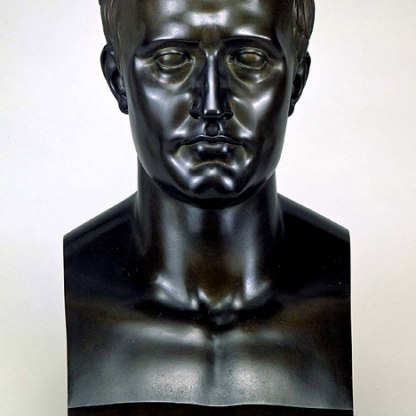
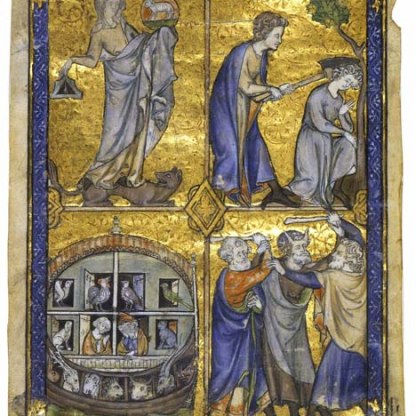
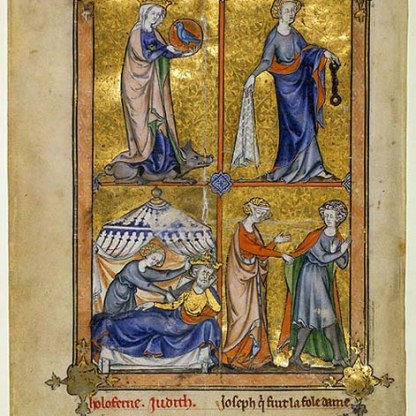
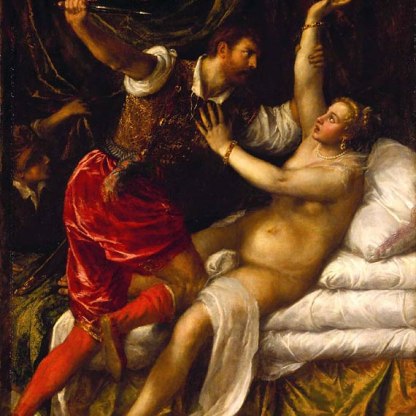
_-_Google_Art_Project.jpg?key=exhibition)
